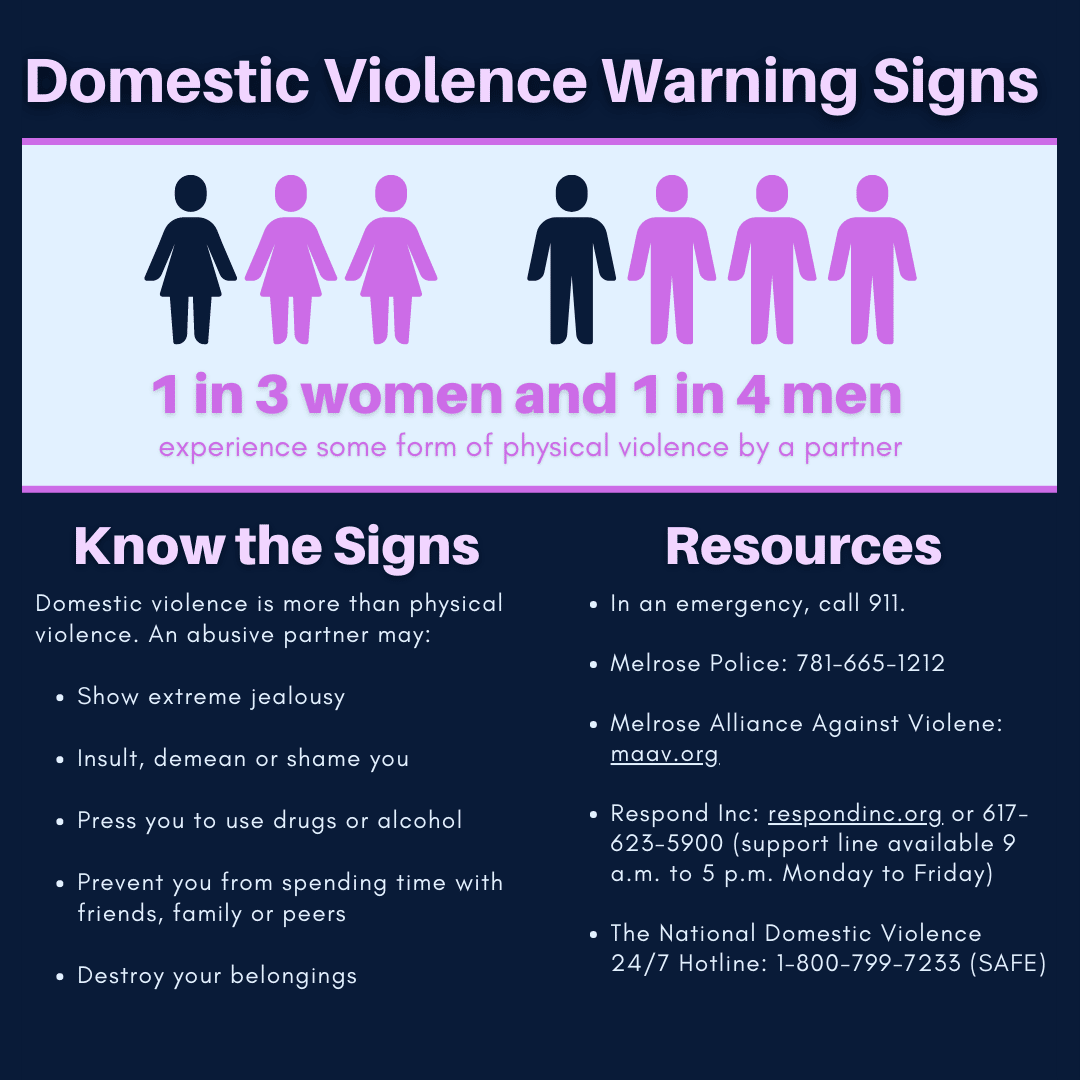Causes and Contributing Factors
Domestic battery, a form of intimate partner violence, is a complex issue with multifaceted causes and contributing factors. Understanding these factors is crucial for developing effective prevention strategies and providing appropriate support to victims.
Substance Abuse
Substance abuse, including alcohol and drug use, can significantly contribute to domestic violence. Intoxication can impair judgment, increase aggression, and lower inhibitions, making individuals more likely to engage in violent behavior. Additionally, substance abuse can exacerbate existing mental health conditions, further increasing the risk of violence.
Mental Health Issues
Mental health disorders, such as depression, anxiety, and personality disorders, can also play a role in domestic battery. Individuals with untreated mental health issues may struggle to manage their emotions, leading to outbursts of anger and aggression. It’s important to note that mental illness does not excuse violence, but it can contribute to the likelihood of its occurrence.
Power Imbalances
Domestic violence often arises from power imbalances within relationships. The abuser may use their power to control and dominate their partner, employing tactics such as intimidation, isolation, and financial control. These power dynamics can create an environment where violence is more likely to occur.
Societal Norms and Cultural Influences
Societal norms and cultural influences can perpetuate domestic violence by normalizing or minimizing its severity. Traditional gender roles, which often assign men dominance and women submissiveness, can contribute to the acceptance of violence against women. Cultural beliefs that condone violence as a means of resolving conflict can also contribute to the problem.
Impact of Domestic Violence on Victims and Families
Domestic violence has devastating consequences for victims and their families. Victims may experience physical injuries, emotional trauma, and psychological distress. Children exposed to domestic violence can suffer from emotional and behavioral problems, including anxiety, depression, and aggression.
Resources and Support Systems for Victims of Domestic Battery
Victims of domestic battery have access to various resources and support systems. National and local organizations provide hotlines, shelters, legal aid, and counseling services. Law enforcement agencies are also equipped to respond to domestic violence calls and provide protection to victims.
Prevention and Intervention Strategies: Domestic Battery

Preventing and intervening in domestic battery requires a multifaceted approach that addresses the root causes of violence, promotes healthy relationships, and provides support to victims and perpetrators. Effective strategies encompass educational programs, awareness campaigns, community outreach initiatives, and various intervention methods, including counseling, therapy, and legal interventions.
Educational Programs and Awareness Campaigns
Educational programs and awareness campaigns play a crucial role in preventing domestic battery by promoting healthy relationships, challenging societal norms that perpetuate violence, and empowering individuals to recognize and address abusive behaviors.
- School-Based Programs: Schools can implement comprehensive programs that teach students about healthy relationships, consent, and the signs of abuse. These programs can equip young people with the knowledge and skills to navigate relationships safely and respectfully.
- Community Outreach: Community organizations can conduct workshops, seminars, and public awareness campaigns to educate the public about domestic violence, its impact, and available resources. These campaigns can help break the silence surrounding domestic battery and encourage individuals to seek help.
- Media Campaigns: Public service announcements, television programs, and social media campaigns can raise awareness about domestic violence and challenge harmful stereotypes that contribute to its normalization.
Intervention Methods
Intervention methods aim to address the underlying factors contributing to domestic violence and provide support to victims and perpetrators.
- Counseling and Therapy: Counseling and therapy can help individuals identify and address the root causes of their abusive behaviors. Therapists can provide tools and strategies for managing anger, improving communication skills, and developing healthier relationship patterns.
- Support Groups: Support groups offer a safe and confidential space for victims of domestic violence to share their experiences, receive emotional support, and connect with others who understand their situation.
- Legal Interventions: Legal interventions, such as restraining orders, criminal prosecution, and protective custody, can help protect victims from further harm and hold perpetrators accountable for their actions.
Role of Law Enforcement and Social Services
Law enforcement and social services play a vital role in responding to domestic battery incidents and providing support to victims.
- Law Enforcement Response: Law enforcement officers are often the first responders to domestic battery incidents. Their primary role is to ensure the safety of victims, apprehend perpetrators, and investigate the incident.
- Social Services Intervention: Social services agencies provide a range of support services to victims of domestic violence, including shelter, counseling, legal assistance, and advocacy.
Resources for Individuals Seeking Help
For individuals seeking help or support for domestic violence, there are various resources available:
- National Domestic Violence Hotline: 1-800-799-7233
- The National Coalition Against Domestic Violence (NCADV): www.ncadv.org
- The National Center for Victims of Crime: www.victimsofcrime.org
Domestic battery is a serious issue, and it’s super important to know about it. Like, if you’re ever in a situation where you’re feeling unsafe, you gotta reach out for help. You can even check out star skai jackson ‘s advocacy work, she’s really cool about spreading awareness.
No one deserves to be hurt, so if you’re in trouble, get help!
Domestic battery is like, totally messed up, you know? It’s when someone hurts another person they’re in a relationship with. It’s not cool, and it’s super serious. If you’re wondering what it actually means, you can check out this article on domestic battery meaning to get the full scoop.
Domestic battery is never okay, and it’s important to remember that there’s always help available if you or someone you know is going through it.

